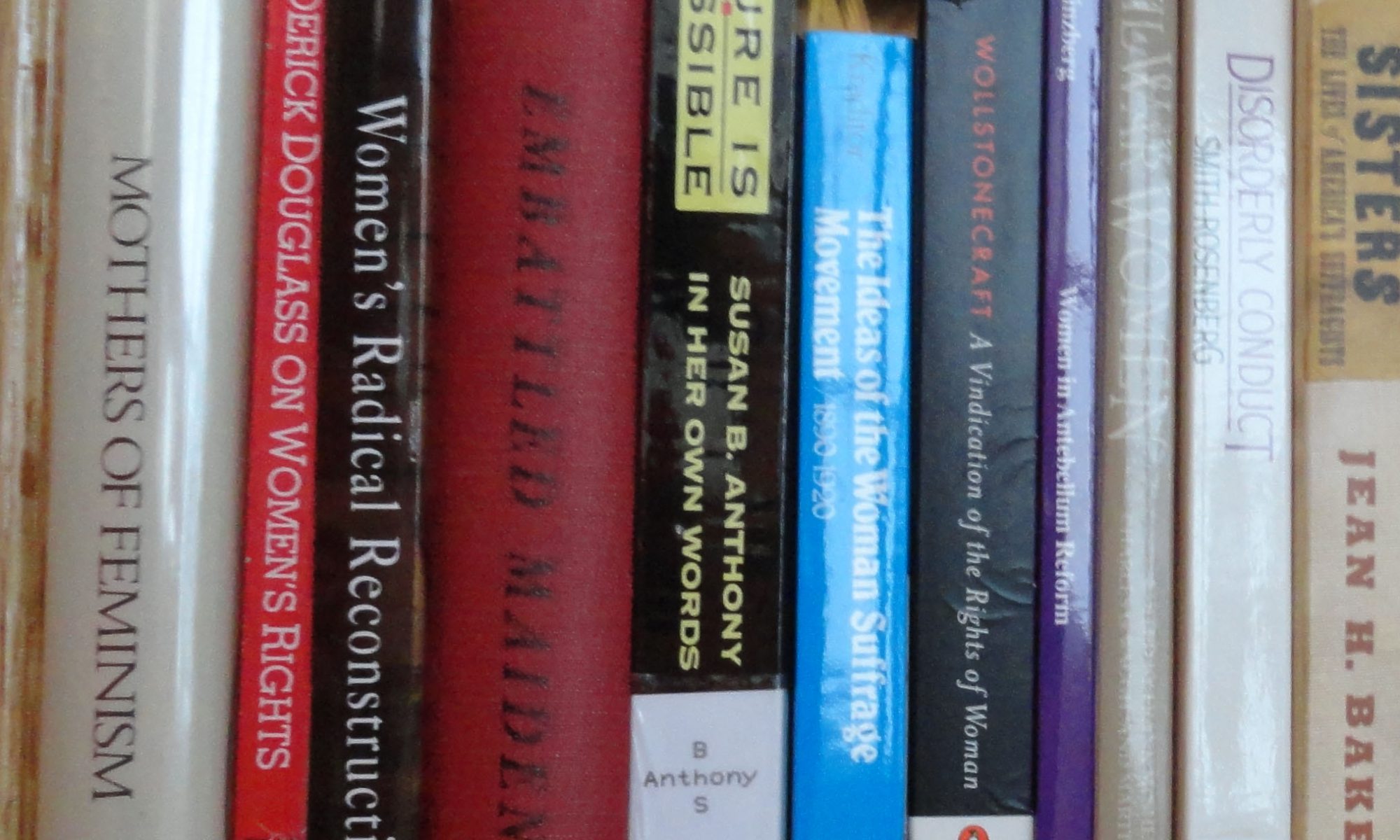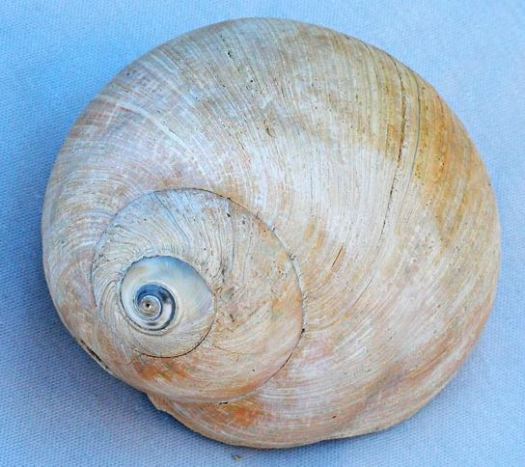 In my nightstand I keep a small book that has spoken to me many times when life becomes a whirring blur of “to dos” and “musts” and “didn’ts.” That book is Gift from the Sea by Anne Morrow Lindbergh (1906-2001). Lindbergh wrote the book in 1955 while living alone on Captiva Island in Florida where she had gone to recover from family pressures. The little volume of meditations on different seashells is considered a major work in feminism. But its underlying power lies in the basic truths of human existence that it ponders.
In my nightstand I keep a small book that has spoken to me many times when life becomes a whirring blur of “to dos” and “musts” and “didn’ts.” That book is Gift from the Sea by Anne Morrow Lindbergh (1906-2001). Lindbergh wrote the book in 1955 while living alone on Captiva Island in Florida where she had gone to recover from family pressures. The little volume of meditations on different seashells is considered a major work in feminism. But its underlying power lies in the basic truths of human existence that it ponders.
Lindbergh’s early life was marred by tragedy when her first-born son was kidnapped, but also by success. She was the first American woman to earn a glider license and accompanied her husband on many plane flights in the early days of aviation. Quiet and literary she wrote over two dozen books of prose and poetry and published five volumes of diaries in her long lifetime. Lindbergh (1906-2001) won one of the inaugural National Book awards for her first book North to the Orient, an account of her husband ‘s and her 1931 flight across the Arctic to China via the Great Circle route. But her most well-known work is the small volume the following excerpt is taken from. On the bestseller list for 80 weeks, over 5 million copies of Gift from the Sea were sold in the first 20 years in print. Perhaps you own one?
From Part 3 Moon Shell…
We must re-learn to be alone. It is a difficult lesson to learn today–to leave one’s friends and family and deliberately practice the art of solitude for an hour or a day or a week. For me, the break is difficult. Parting is inevitably painful, even for a short time. It is like an amputation, I feel. A limb is being torn off, without which I will be unable to function. And yet, once it is done, I find I find there is a quality to being alone that is incredibly precious. Life rushes back into the void, richer, more vivid, fuller than before. It is as if in parting one did actually lose an arm. And then, like the starfish, one grows it anew, one is whole again, complete and round–more whole, even, than before, when other people had pieces of one.
For a full day and two nights I have been alone. I lay on the beach under the stars at night alone. Alone I watched the gulls at the end of the pier, dip and wheel and dive for the scraps I threw them. A morning’s work at my desk, and then a late picnic lunch alone on the beach. And it seemed to me, separated from my own species, that I was nearer to others: the shy willet, nesting in the ragged tide wash behind me; the sandpiper, running in little unfrightened steps down the shining beach rim ahead of me; the slowly flapping pelicans over my head, coasting downwind; the old gull, hunched up, grouchy, surveying the horizon. I felt a kind of impersonal kinship with them and a joy in that kinship. beauty of earth and air and sea meant more to me. I was in harmony with it, melted into the universe, lost in it, as one is lost in a canticle of praise, swelling from an unknown crowd in a cathedral. “Praise ye the Lord, all ye fishes of the sea–all thee birds of the air–all ye children of men–Praise ye the Lord.”


When one has a family, a partner, someone that shares the daily space of a life and of living, there is a much greater need to be apart and to be alone. One needs to function and thrive without interference. When one already lives alone, there is no need to set aside time. There are multiple moments when there is that space. What is needed is the discipline to pay attention to those empty spaces that are actually so full. What is needed for some, is reassurance that being alone, either by choice or not, does not in and of itself not cause loneliness. It is perhaps, that loneliness is the absence of paying attention to space that is so full.
I suppose finding myself living alone on a remote northern island in Scotland after a life spent on Long Island, New York…..well the joy here is that the view is vast, the sky is broad, the short and safe walk along cobbled alleys to sustenance of mind, body, and heart walked daily…well these differences do fill those moments when loneliness creeps into being alone in “me wee hoose.” The large windows of my rented house let brightness in on the dull days of winter and I will continue to colour the canvas with colour and sing a loud song in company or alone.
I love these lines — “Life rushes back into the void, richer, more vivid, fuller than before” and “…it seemed to me, separated from my own species, that I was nearer to others…” So fitting, and so true.
Exactly. We need to step away at times, to see our lives and the lives around us clearly again. But how often do we make the effort?
As an introvert, it is my nature to need to be alone for long stretches of time. It is often after spending time with others that I come back to myself and capture various experiences in writing. I crave and need both time with others and time alone to be a whole person.
We all need this, but so many are unconscious of that need and then wonder why their lives are falling apart. Solitude lets us think.
Many people are terrified to be alone because they don’t *want* to think. Being alone (in the quiet, especially) forces us to face the things in our lives head-on. It can be painful sometimes.
I agree. Fear binds us to others, to noise, to hubbub. Fear of our own thoughts makes us lose ourselves in our work or our families. I think Lindbergh captures that feeling in the section before the one I quoted. She writes: “How one hates to think of oneself alone. How one avoids it.”